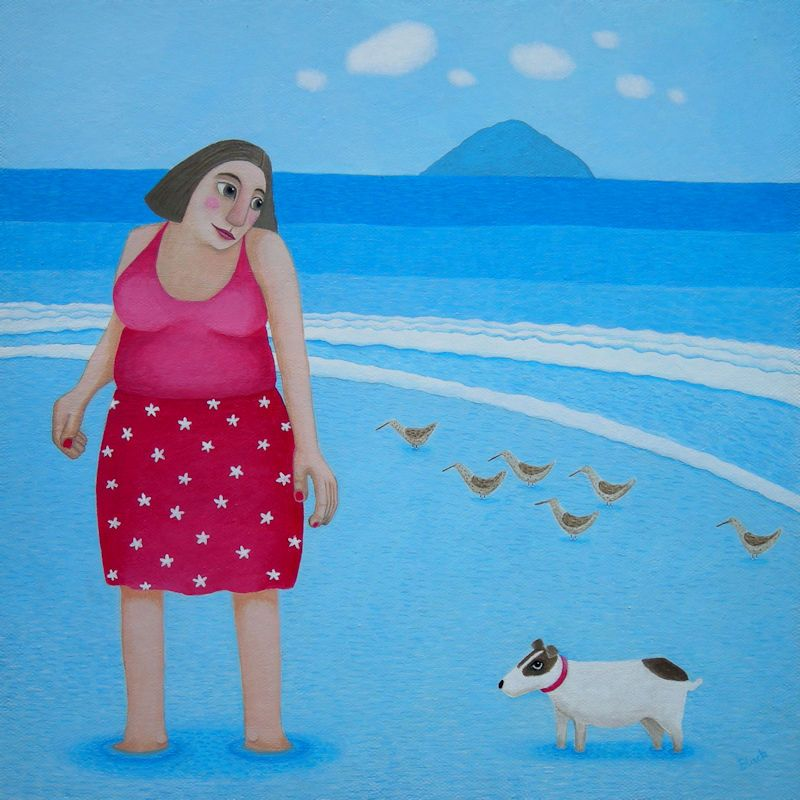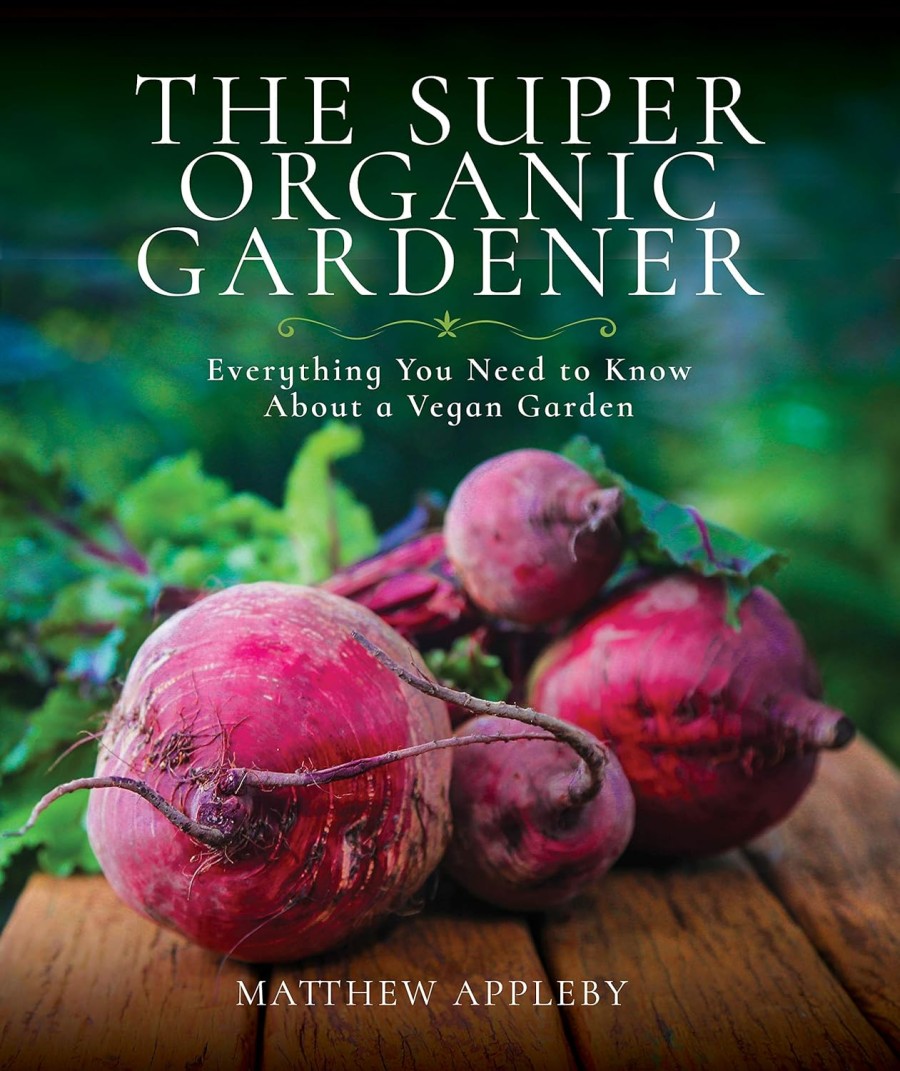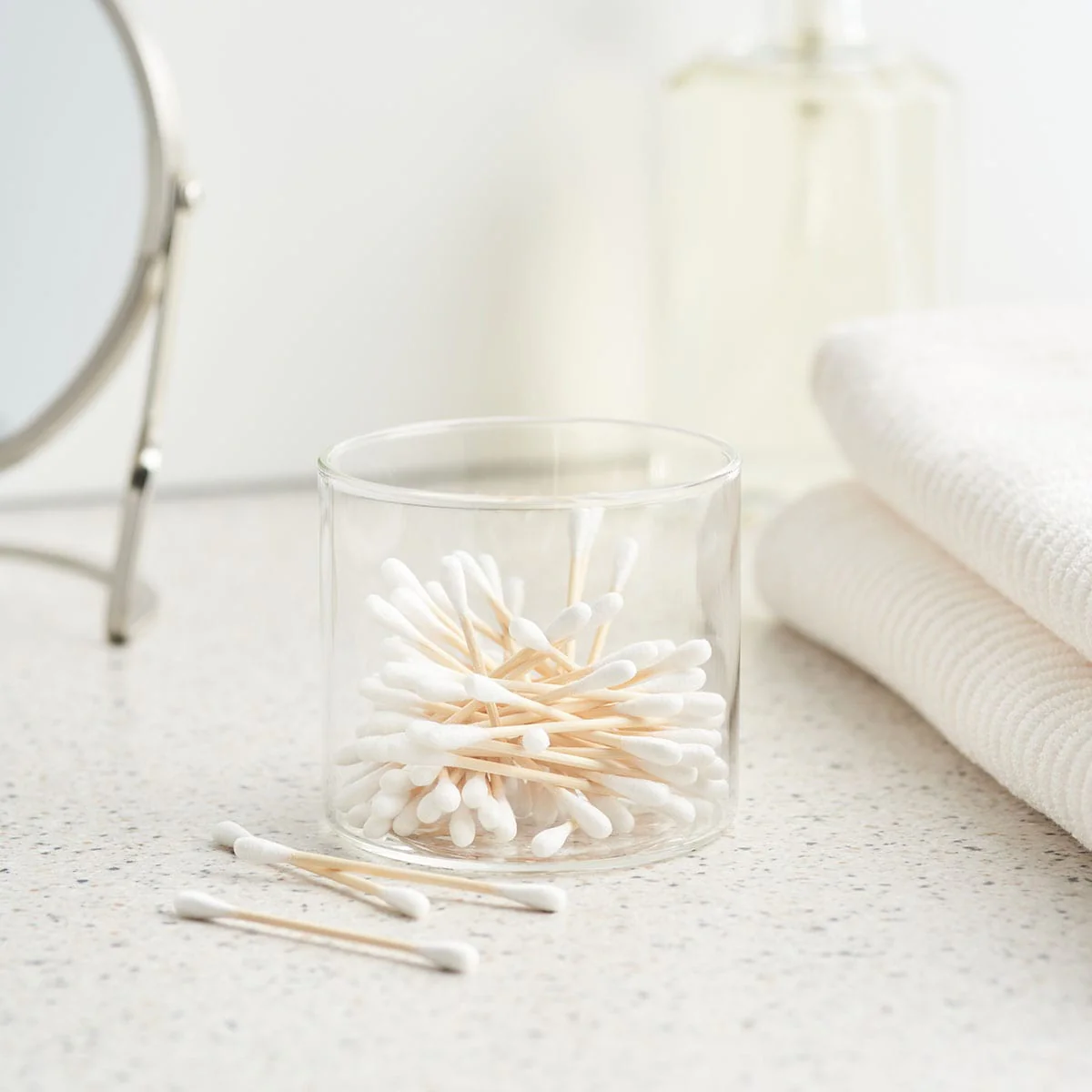Reusable Water Bottles (with in-built filters)

Water-to-Go (use WTGAW20 for 20% discount) is a company that makes lightweight yet durable reusable water bottles (made from sugar cane) with built-in and easy-to-recycle filters. The lids are made from recycled vegetable oil and wood pulp, and easy recycled at end of us. So now all you need is water from the tap, to stay hydrated!
Don’t fill hot liquids to top, and avoid wide-mouth bottles with hot drinks for children. Don’t place metal bottles in the microwave.
The company was created by founders of a textiles company, who were aghast when travelling abroad, to see the mountains of plastic waste. Knowing that everyone needs access to clean safe water, they decided to do something about it.
The filters contain three different technologies (mechanical filtration, electrical and activated carbon) to filter bacteria, protozoa, viruses, heavy metals and harmful chemicals, and have been internationally tested and validated for over 14 years.

Ideal for backpackers to commuters, and from busy mums to gym users, one filter (based on drinking 2 litres of water a day) should last 3 months.
Each filter can replace 400 plastic water bottles, and works out around 6.25p for each litre you drink. Then when the filter is used, the filter membrane is biodegradable and the shrouds recycled. The casing and end caps go in plastic recycling bins.

You have to wet the filter to activate the technology. Fill the bottle up and turn it upside down, then submerge the new filter for at least 15 minutes. Do the same if the filter has been dry for some days. At end of use, The larger bottle is dishwasher-friendly (the lid and the smaller bottle and lid are hand-wash only).
The other main issue in hard water areas is limescale, which does not taste nice and could build up calcium and magnesium carbonate, which can lead to bladder stones.
To descale a kettle, fill it three-quarters with equal parts of tap water and distilled white vinegar (also sold in supermarkets).
Boil and cool, then drain and rinse several times, until all flakes have gone. Then boil (full) and empty again, to remove vinegar taste. Adding a teaspoon of bicarbonate of soda can help shift stubborn limescale.
How to Care for Reusable Water Bottles

Use warm a mix of warm water, unscented dish soap, and a plastic-free bottle brush to reach every corner, then rinse and keep the lid off, to avoid trapped water and odour. To deep–clean, half-fill the bottle with cleaning vinegar, fill up with cold water, screw the lid on and leave for 10 to 12 hours. Hand-washing is recommended, for a longer bottle life.
How Much Water Should We Drink?
We need water to keep cool, remove waste, and help our joints, brains and eyes (fresh water is also found in raw product like watermelons and bananas). The average person needs around 1.2 litres of water a day (more for athletes, hot weather, some medical conditions and after vomiting/diarrhoea).
So how much is 1.2 litres? Around 6 x 200ml glasses. So drink 2 glasses when you wake up, another 2 before lunch and dinner, and in a couple of weeks you’ll be hydrated. The caveat is that your body loses water with tea, coffee, cola and alcohol.
So add an extra glass, for each one of those you drink. It’s easier to reduce caffeine and alcohol, so you are not guzzling water all day to compensate.
What Kind of Water Should Pets Drink?
Spring and filtered water are fine, you may find health and fur improves. But vets say that (unless medically given) to avoid distilled water (removes minerals and electrolytes). Never give fizzy water to pets, as it could cause bloat.
Don’t let pets drink from puddles. It may taste nice to them, but could contain remnants of bacteria, oil or antifreeze.






